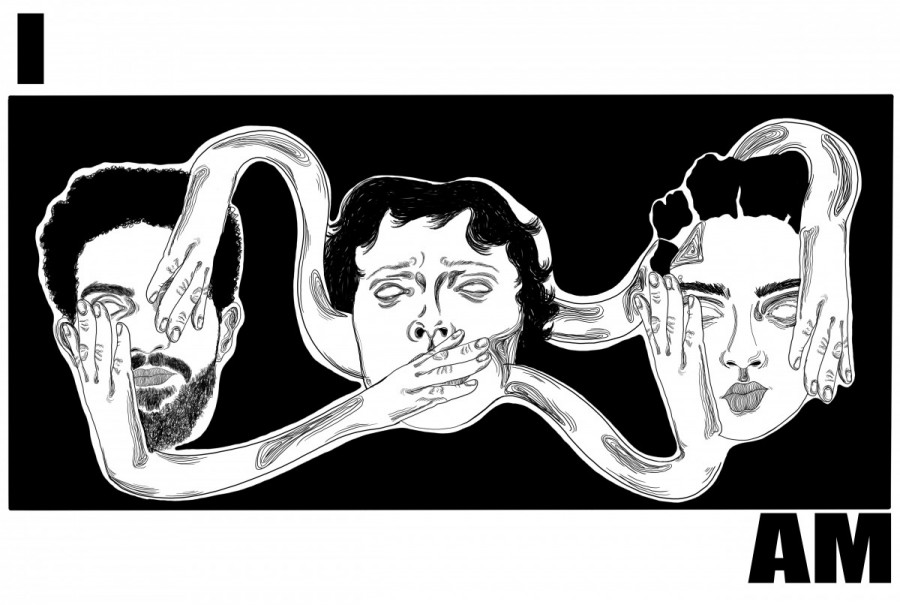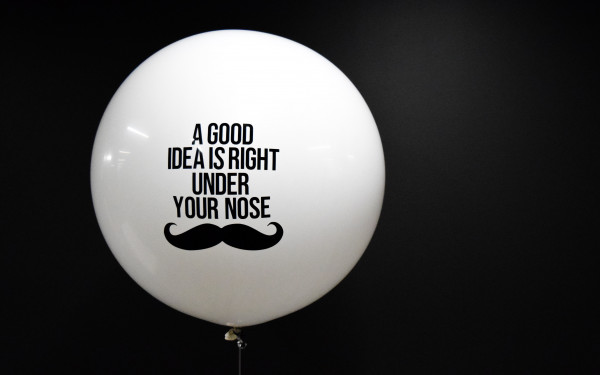I AM a Person Struggling With Mental Health and I Have No Rights
People with Mental Illness Are Human Too
When I was 19 years old, I went into psychiatric care and met a psychiatrist who forever changed the way I now look at the healthcare system. I had no expectations about how my life would change. I had been struggling for so long that I had never imagined that my life could get any worse, but it did. I was under my psychiatrist’s care for five years and it was pure agony.
I wasn’t listened to by my doctor. She mocked me for sharing my thoughts and experiences. Her reactions were inappropriate at best. She always denied me access to psychotherapy because she didn’t believe that it would be helpful. She believed that therapy couldn’t help someone like me, someone with a severe mental illness; the nature of my diagnosis made me automatically lose any credibility. It was upsetting not to be taken seriously by a few people in my life, but it was especially upsetting coming from the staff assigned to my care. I felt like my account of events and perspective didn’t matter. I felt like a statistic rather than a person.
My psychiatrist created her own narrative of what I was experiencing. She told me that I couldn’t work or go to school; I’d need to be on welfare despite being already enrolled in college and having good grades. She threatened to hospitalize me or increase my medication when she had no valid reason to. My doctor used intimidation tactics. She was cruel and insensitive when I was in my most vulnerable state. It terrified me to see how a health professional like her could work in healthcare, especially in mental health.
Epistemic injustice is far too common among patients with a mental illness. A young woman in Quebec took her own life after the way she was treated when she sought care. She was also not taken seriously. Her doctor stated that she would have taken her own life already if that was her true intention, and felt that it was an act for attention. This problem exists beyond the province of Quebec.
Judgements are often made based on a diagnosis. Although each disorder has a spectrum, most people, including medical professionals, recognize and consider the label first. This is a common instance of lack-of-care within the system as the label defines the patient. Once a patient receives a diagnosis, it’s easy to look for symptoms rather than look into the context of the issue. Patients with mental illness are already vulnerable, as such a lack-of-care is dangerous and puts patients’ mental health at risk for deterioration, or even death.
I often complained to the team that was assigned to my care about my psychiatrist. I was told that I wasn’t the only patient who was dealing with her unacceptable approach. I wasn’t the first patient to be treated this way and I certainly wasn’t the last to express it. Not only was my psychiatrist’s approach problematic, but there have been other doctors who’ve also abused their power. Although the public doesn’t hear about it all the time, these cases are more common than what is acknowledged.
Psychiatric maltreatment is a real problem. Doctors should be legitimately helping their patients recover rather than making them more sick. Medical maltreatment is a systemic issue. Many individuals are struggling with mental illness and most cannot seek care right away. There is a long waitlist and access to healthcare can take years. Even once a patient is assigned to a doctor, there’s no guarantee that it’s the right professional for them. This is even worse for people of colour.
Medical professionals don’t always recognize the reality of their patients’ intersections, especially when focusing purely on the symptoms. This makes treating people of colour more difficult. The lack of culturally-informed care leads to misdiagnoses and maltreatment. It’s worse for us because we are already disenfranchised and made more vulnerable by our compounding oppressions. Stigma around mental illness is real. Even health professionals are prone to prejudice. It is a scary reality endured by many individuals suffering from mental illness.
Every individual is supposed to have the right to accept or refuse treatment, even someone struggling with mental illness. As long as I’m not a danger to myself or anyone else, I should have the right to choose whether or not to consent. Despite being in a well enough state to make my own decisions, I was robbed of that right anyway. I was told by my case manager that my psychiatrist was the only doctor I could see and that this was the only hospital I could be seen at. I told both my psychiatrist and the nurse that I didn’t want to be their patient. So, my psychiatrist gave me an ultimatum: either I go to the appointments and take my medication willingly or she’d get a court order for me to do so. She said that it was my choice, but that never felt like a choice to me.
I always opened up about my experience with this doctor to anyone who would listen. Every person I told informed me that she had no right to treat me this way. They all told me to switch doctors and I definitely tried. But I was always stopped. My psychiatric nurse at the time would interfere and make sure that I was under her friend’s care. She asked me for the name of the person who wanted to help me find a new doctor. If it was a faculty member at the college I attended, she’d call them and leave them with what I was told were hostile voicemail messages. There was always some obstacle in the way of me getting the proper care, including my race being used against me and my family. I lost faith in the healthcare system. These experiences made it more difficult for me to want to seek help in the future. I started to worry that other health professionals could treat us this way.
The stigma around mental illness didn’t help my situation either. So, I unnecessarily suffered under both this psychiatrist and the psychiatric nurse’s care for years. To this day, it has negatively impacted the way I approach healthcare, and the way I look at people and life.
It is safe to say that my psychiatric experiences have traumatized me. I’m with a different psychiatrist now, but I still carry the trauma of my past experiences. No one should have to go through what I’ve been through. I suffer from mental illness and I should still be treated like a human being. I’m still a person who deserves to be treated fairly, especially because I am much more than my illness.
This article originally appeared in Volume 43, Issue 13, published March 7, 2023.






_600_375_90_s_c1.jpg)
_600_375_90_s_c1.jpg)